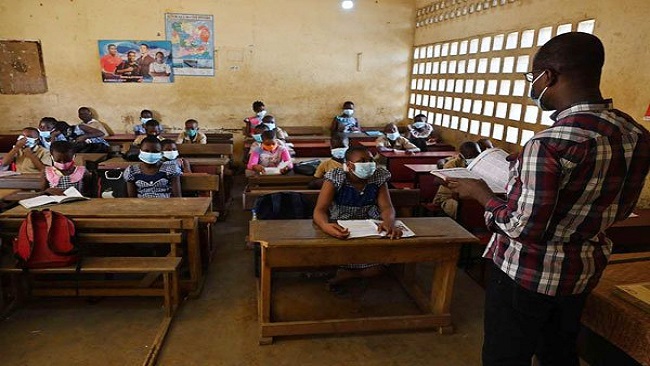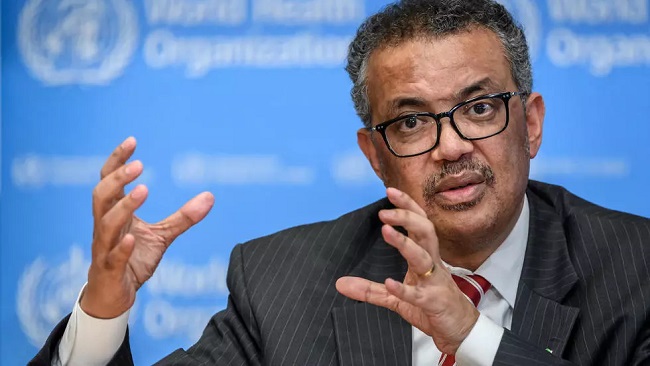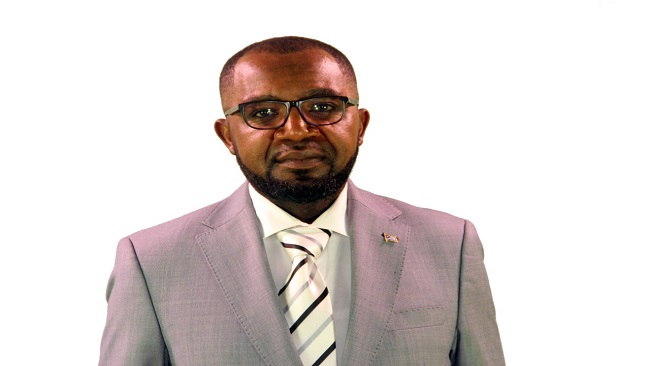23, July 2020
Asamor’s “Dr. Coro Coro”, An Ode to Human Resilience 0
Music has been one of man’s most trusted companions throughout history. In times of adversity as in times of joy, in tranquility and in excitement, the human soul is always in search of a beat rhythm, or melody to connect with, synchronize and find orientation. It is not strange that in times of uncertainties as the world is facing now due to the COVID-19 pandemic, music becomes one of the most readily available agents used by humans to rationalize the grippling suffering.
Having contracted COVID-19 and gone into quarantine, Germany based Cameroonian artist, Asamor, refused to be beaten by the vermin. He fought against it with all his might and tools at his disposal. He was physically isolated from the rest of humanity. But he kept himself connected through the power of social media with daily updates on his Facebook page. Even while in quarantine, he had already envisioned the day he would emerge victoriously. Thus, he composed the song “Dr. Coro Coro” which was released soon after his recovery to critical acclaim and rave reviews.
The artist holds that the song is meant “to sensitize, sympathize, give courage, and bring joy and comfort to all loved ones during this challenging moment of total lockdown and after.” Indeed, one can only call it “An Ode to Human Resilience”.
Who is Asamor?
Born and raised in Fontem, Lebialem Division of the South West of Cameroon, Asamor’s romance with music began right from childhood. As a prince, he grew up already exposed to many of the traditional music and dance forms of his native Lebialem. In Lebialem, princes and princesses are known for their performance skills. It is then no doubt that Asamor is a consummate dancer and an adept player of various traditional instruments.
Though enrolled at the University of Bonn to study agricultural science, Asamor could not help responding to the musical rhythms hissing within his soul. He listened to his inner muse and began experimenting with a blend of his native Bangwa rhythms and the already established makossa music rhythms. This gave birth to a hybrid form of music that he called Abanda Kossa.
His first album was released in 2002. In 2004, Asamor released his second album which featured the prolific Cameroonian musician Petit Pays in the lead song. This collaboration was ground-breaking because it was the first act that Petit Pays had ever done with any musician other than the members of his Sans Visa band. In 2008 Asamor released his third album and subsequently had a string of singles (five in number) between 2013 and 2018.
Asamor has received the KAMA Award (Germany), the African Diaspora Living Legend Award, and twice voted among the 100 most influential Africans in Germany. Yet, during all those years, Asamor was doing music mostly as a pastime, even as he had returned to school and studied Sound Engineering and opened a recording studio.
Even though Asamor has not released many albums, he still a very prolific music maker. He has a collection of unreleased songs from which he has committed to releasing between three and five songs per annum.
“Dr. Coro Coro” has become an Afrobeat anthem not just for its rhythms but also for the message. He sings about the danger and deadliness of COVID-19, its precautions, and protective measures.
The hundreds of social media impressions and dance sequences inspired by the song are testimony to the profound ways in which the audience has connected with the song. It is a sign that even as COVID-19 seems to have cornered humanity we shall surely emerge the winner.
Written by the manager
Asamor Music



























24, July 2020
French Cameroun students in Morocco ‘abandoned’ as Biya regime stops grants 0
Cameroonian students studying in Morocco on government grants have been demonstrating, saying they have been “abandoned for years” because the government has stopped paying their rentals and other expenses it should cover.
The students set up camp outside the Cameroonian embassy in Rabat, reported Camer.be, which quoted sources from the union of Cameroon students (UGEC) that said the students were ‘angry’.
Stephane N, a protesting student, told Camer.be that students were having to “sleep out in the open because the Cameroon government, which should have been paying their rent and other expenses relevant to their grants since 16 August 2018”, had stopped responding to their demands.
“Not being able to pay the grant-holders’ expenses under the Cameroon-Moroccan cooperation agreement, the Moroccan authorities found themselves having to throw us out into the street,” he told Camer.be.
Maxime Petnga, a Cameroon student in Oujda, said: “On average, we need 1,800,000 francs [US$3,160] a year, that’s 150,000 francs a month, to live decently. For former grant-holders Morocco paid its share each end of the month but, on the Cameroon side, there’s nothing,” reported Camer.be.
Camer.be reported that the problem for Cameroonian students on government grants abroad was becoming increasingly common, for example in China, Russia and Italy.
Camer.be said that nobody at the Cameroonian embassy in Rabat would comment on the situation. – Compiled by Jane Marshall.
Culled from University World News